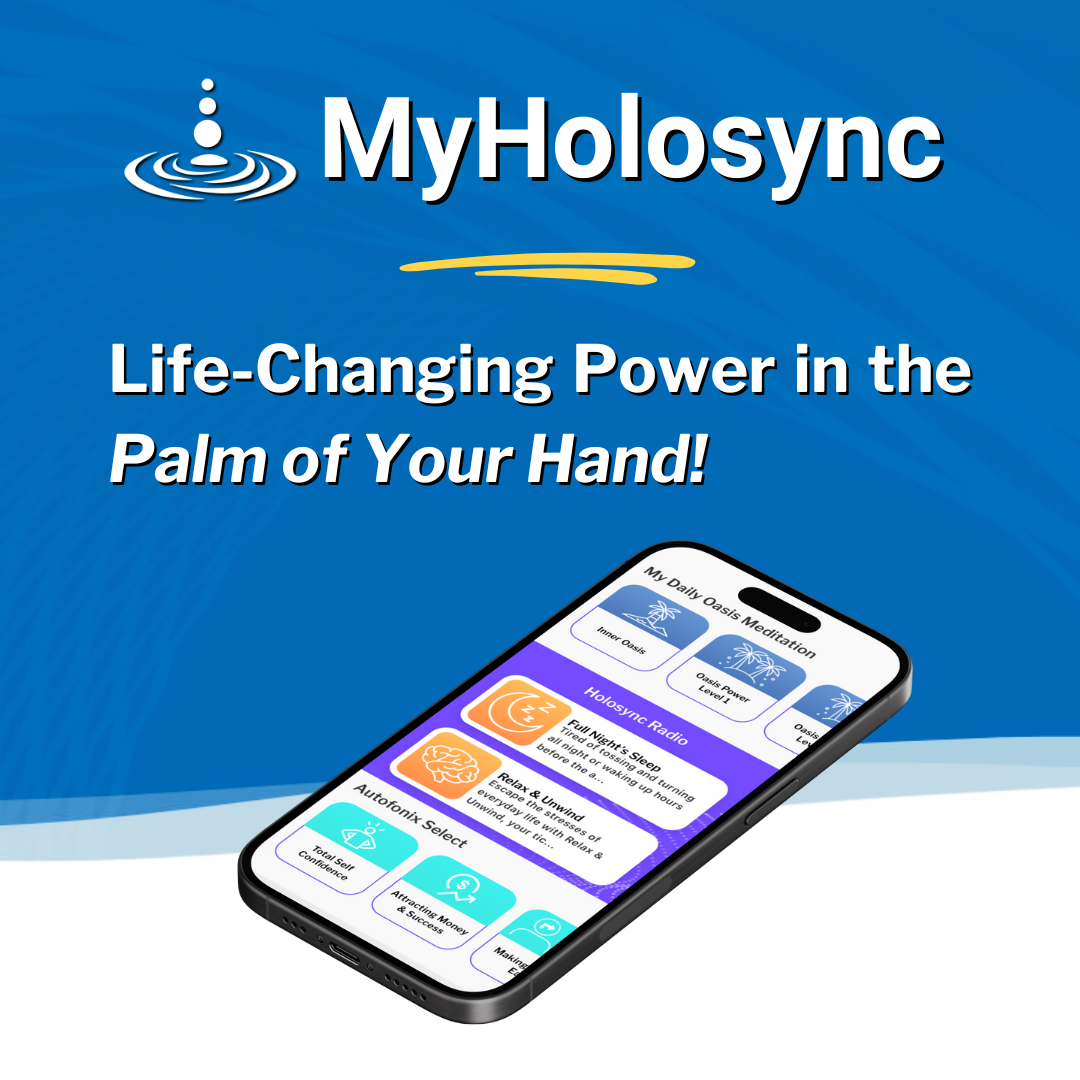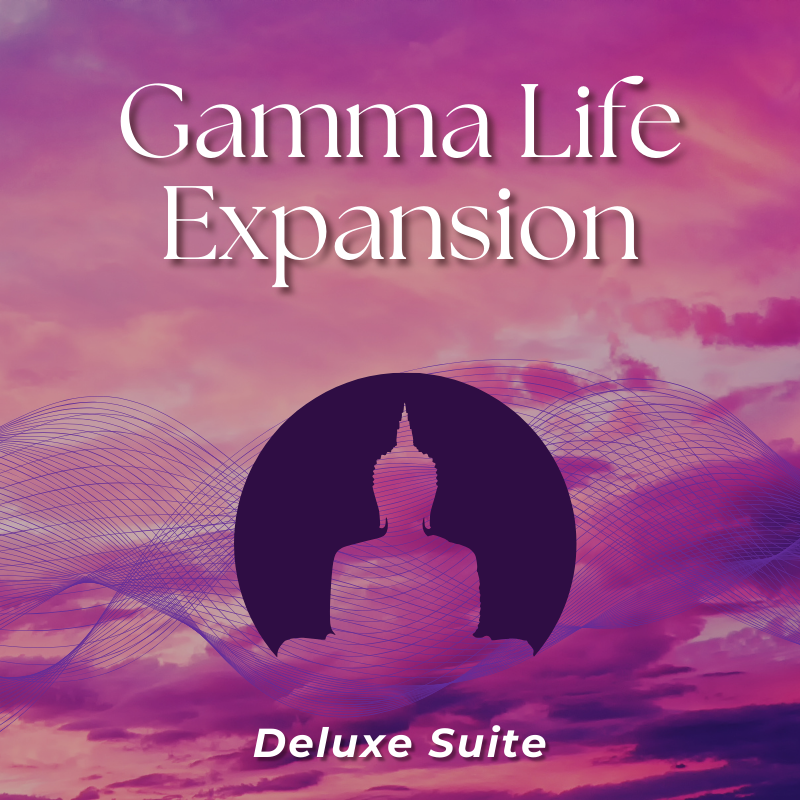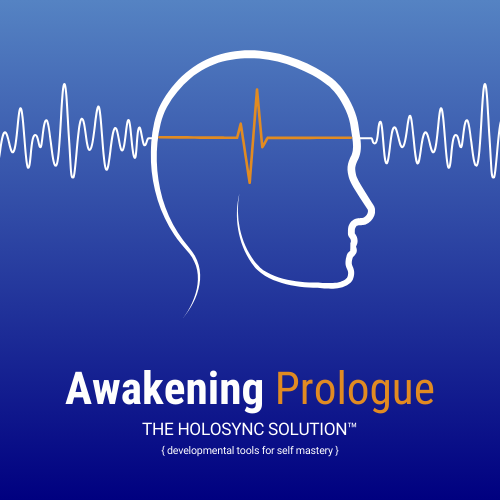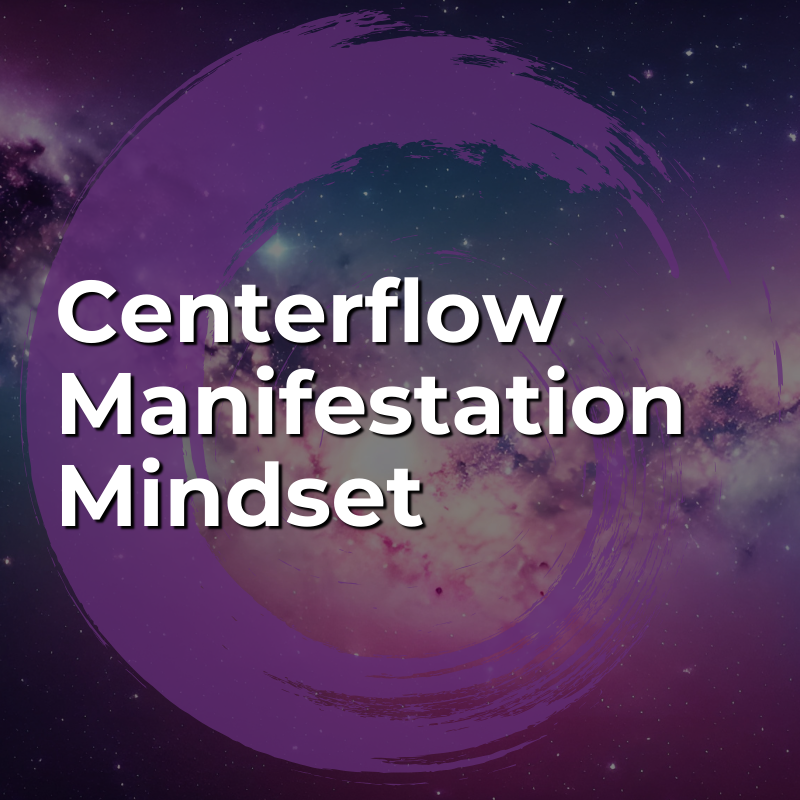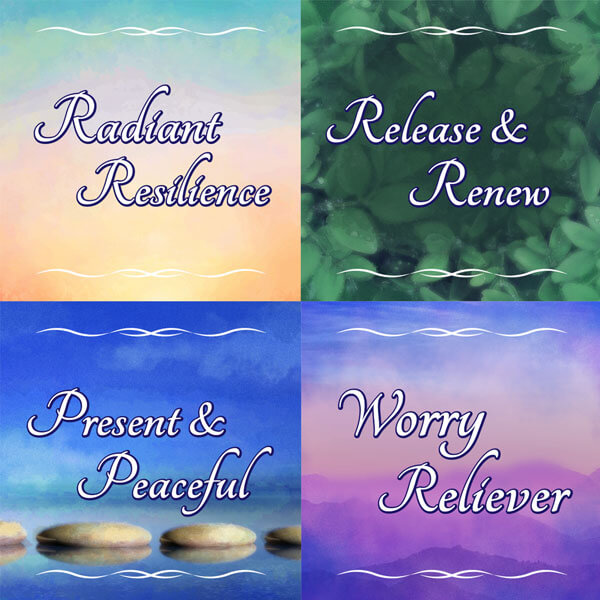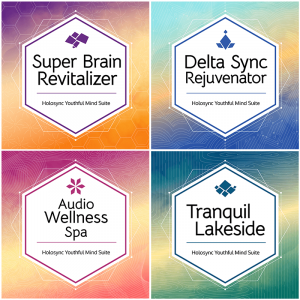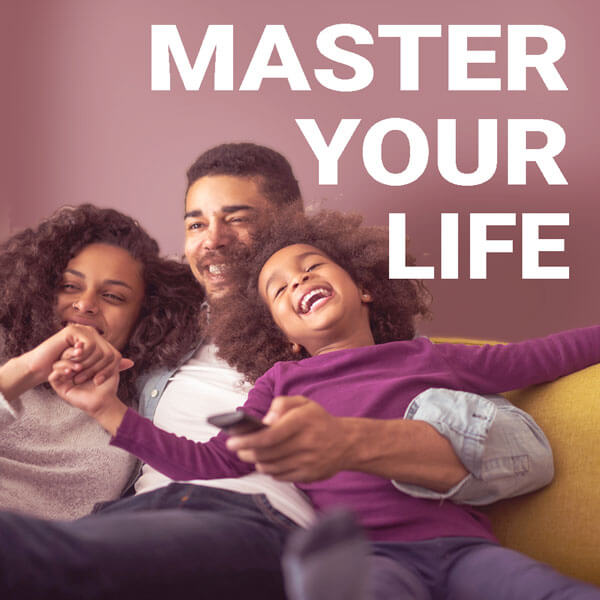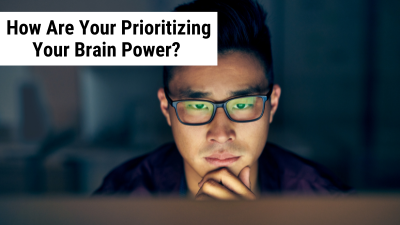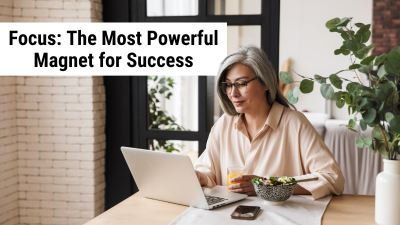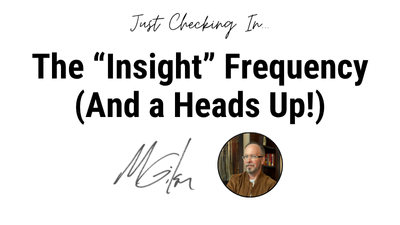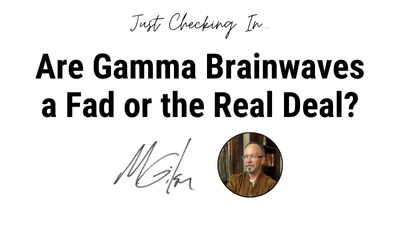
Issue #389 – Monday, September 11th, 2023
By Ryan Standifird
Humans are inherently social creatures.
For example, studies show that an active social life improves our physical health, reduces cognitive decline, and keeps us happier as we age.
Researchers have also found that empathy has a powerful impact on whether or not we can take criticism, understand others, or communicate effectively.

In fact, “having good relationships with people” is widely regarded as one of the major hallmarks of success!
So, how can you give a boost to your relationships in all facets of your life?
It all starts with one thing:
Awareness.
If we can become more aware of our innate tendencies in social situations, then we can learn how to create stronger relationships and understand each other better.
Judging a Book By Our Own Chapters
Most people tend to judge folks before they get to know what they believe, what they value, and how they act.
It’s human nature to make assumptions…
…but the aware person knows that these assumptions could be wrong or counterproductive.
By fostering that awareness of how we automatically judge others, we gain an opportunity for growing our empathy and reaching a deeper understanding of ourselves.
So, you encounter someone new. How does this initial judgment take place?
For decades, researchers believed that societal norms formed the basis for how we initially tend to view strangers. Do they adhere to the “avatar” or “model” of appearance and behavior (the internal map) that we have in our minds about how people should look or behave?
In this model, “society” informs us whether a stranger will likely be kind, generous and polite, or mean, selfish and rude. The answer will be different for different people depending on where you live, how you grew up, and the sort of community where you encounter that stranger.
But recent studies suggest that there’s another key aspect that comes into play - especially since the rise of the internet.
In an environment where there is no physical community to draw our perspective, how do we assume others will behave?
Scientists are finding that people assume that strangers who meet in these situations…
…will think and behave the same way that they themselves think and behave.
What does this mean? Let’s look at the science.
An “Ultimatum Game” of Reflections & Projections
Researchers from the University of Illinois Urbana-Champaign in conjunction with the Beckman Institute for Advanced Science and Technology conducted a recent study where participants engaged in an “Ultimatum Game” that would get to the heart of how strangers interact when it comes to competition and money.
Here’s how the Ultimatum Game works.
Two strangers are put into the game. One person gains control of a $10 pot, and must propose how to split the $10. The other person must decide whether to agree to that split or reject it.
If the offer is rejected, then neither participant receives any money. This means that rejection can be seen as a form of punishment, even though it hurts both players.
The researchers found that some people were generous, offering the other person about half the pot or even more.
But others were selfish, offering only very small amounts to the other while taking most of the pot for themselves.
The game was run over and over again with the roles being randomly changed and the participants shuffled.
So, what was the result?
The researchers found that generous people tended to accept only generous offers. They would reject offers that they felt were unfair, essentially punishing those who were selfish.
Meanwhile, selfish people who would offer very little money to the other person when they were in charge of splitting the pot were also fine with accepting selfish offers - even if they only got $1 from the $10 pot.
And as they gathered more and more data, it became clear that generous and selfish individuals tend to trust others who behave as they themselves do, regardless of how much money they were winning.
"Participants will gain more money with a generous person. But a selfish person will prefer to play with someone who behaves as they do," said Paul Bogdan, a Ph.D. candidate who led the study. "People really like others who are similar to themselves -- to a shocking degree."
So, this experiment proves that rather than relying on “society” to inform our assumptions about others when it comes to selfishness or generosity, we instead project our own tendencies on others, rewarding those who agree with us and punishing those who don’t.
But… that’s not the end of the study.
Changing Behavior
In addition to the Ultimatum Game, the researchers also looked into other cross-culture studies that used other resource-sharing games.
They found the same trend - generous people punished selfish people and rewarded other generous people. Meanwhile, selfish people rewarded selfishness and punished generosity.
But in these games, the participants stayed in the same group for prolonged periods of time, and scientists noticed tha
t, for the most part, they still primarily relied on their own propensity for selfishness or generosity to decide on how to split the resources.
But some people eventually changed their behavior.
In some instances a generous person was in a group with mostly other selfish people and kept getting punished for being generous. As a result, that person changed their behavior to match the group and also became selfish.
What was interesting about this was that the person would go on to punish generosity with even more ferocity than the other selfish participants, displaying an over-compensation after the behavior change.
Bringing it Back to Awareness
So, how does this affect you?
Well, it means that how you view others relies heavily on how you view yourself. And you may inadvertently be punishing others who have different beliefs than yours.
But if you are aware of your own beliefs, then you can notice when you’re putting others in that box.
This creates more opportunities for empathy and helps you foster better relationships.
Empathy, really, is the ability to stop ourselves from painting others with our own beliefs and assumptions, and instead open up to understanding their viewpoint - especially if it differs from our own.
This doesn’t mean that you can’t have different beliefs than others. Rather, this is an exercise in awareness. Being aware of that difference will often help you navigate the relationship better.

Either way, the more you can understand your own beliefs and be aware of them, the better you’ll be able to understand others, too.
The Awareness Shortcut
We talk a lot about awareness here at Centerpointe.
But you might be asking yourself…
…how do I increase my awareness?
The answer is meditation.
But the best answer is meditation with Holosync!
Holosync gives you 8x the benefits of traditional meditation - including more awareness.
And the best way to get started with Holosync is with Awakening Prologue - the introductory level to the Holosync Solution Program that’s already helped millions of people from around the world improve their lives.
Interested? You can check it out right here.
Check It Out!
The Holosync Solution
Special 30% Off When You Order Today!
Holosync® is the most powerful self-improvement, stress-relief
and brain enhancement tool in the world.
(If you're not using it, you're missing out!)
...including the magnificent power to attract into your life what you DO want instead of what you don’t.
Start your journey to a better you and the life you’ve always wanted,
with Awakening Prologue.
Get in on a special 30% discount today!
Wise Words
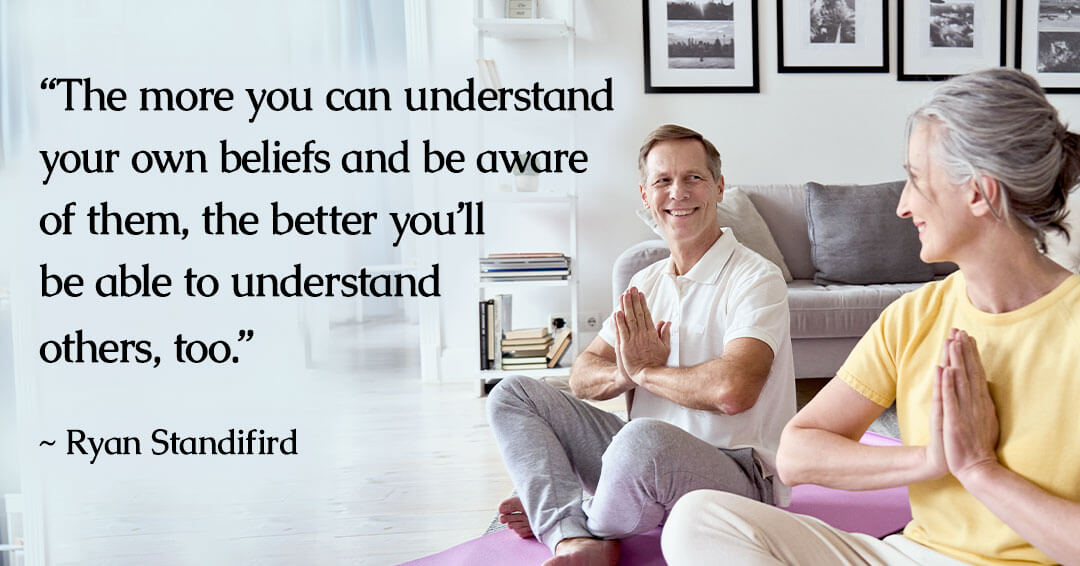
This Really Happened
I’m on Day 3. It’s normally hard for me to stay on track with meditating daily. I’ve been looking forward to turning holosync on every day. I’ve had so many business ideas that I’ve actively started to work towards. I can’t wait to learn more about this program, and incorporate it into my daily routine.
~Ashley J.
5-Day Challenge Participant
In Case You Missed It - Listen to It!
The Transformative Power of Affirmations
to Shape Your Beliefs & Results
By Kim Eggstaff
August 21, 2023
We Want to Hear From You!
What are your default assumptions when you meet someone new?
Post your story on our Facebook Page.
Not on Facebook? Tell me about the impact that meditation with Holosync has had on your daily life. Stress? Sleep? Weight Loss? Focus? Spiritual Connection? Other? Email your story here.

